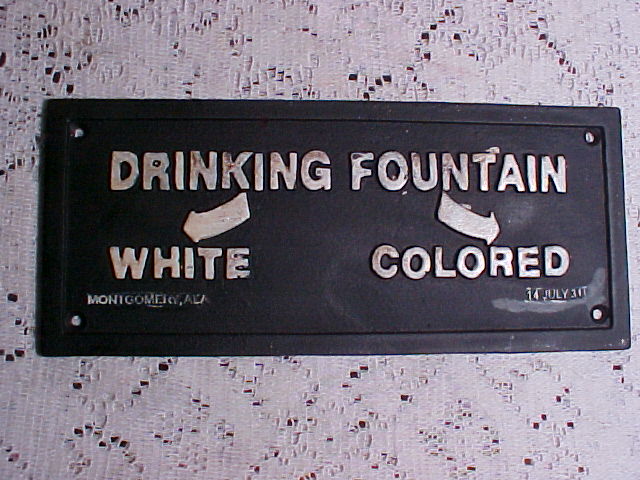
Alabama Publisher, Brandt Ayers, Confronts Southern History
Author: Phillip Rawls
Alabama publisher, Brandt Ayers, confronts Southern History in his memoir head on. He addresses both the history of the region and his personal journey in his recently published memoir.
For people who think they have read plenty about the South's history over the past 70 years, Anniston Star Publisher H. Brandt Ayers offers a fresh take, with his personal stories chronicling not only change across the region, but the evolution of his personal politics.
In his memoir, "In Love With Defeat: The Making of a Southern Liberal," Ayers gets to stretch out beyond the editorials that have earned him nationwide recognition, but scorn at home from critics who call his paper the "Red Star."
The 78-year-old author shares stories that will cause Southerners of a certain age to reminisce about seeing the old South fade away and the region become more like the rest of the United States.
Ayers writes about growing up the privileged son of a newspaper publisher in Anniston during the days of segregation. He admits embarrassing himself as a child when he used a racially offensive colloquialism in front his family's black chauffeur.
In an interview, Ayers said he was typical of any white child in the segregated South. "We were all good little segregationists. That's all there was," he said. "Some of us evolved, and some of us didn't."
The chauffer, Eli Wilkins, played a key role in Ayers' transition into "the locked-down loneliness of a Southern liberal." Ayers writes that it happened in 1953 when the chauffeur drove Ayers' parents to Danbury, Conn., to attend his graduation from prep school. The hotel where his parents were staying wouldn't admit the chauffeur because of his race. Ayers and his roommates invited the chauffeur to stay with them on the all-white Wooster School campus.
"We integrated Wooster," Ayers writes.

Alabama publisher, Brandt Ayers, confronts southern history. Photo Credit: The Associated Press/Anniston Star, Bill Wilson
In later years, Ayers writes, he "evolved into a committed Southern liberal - a lonely species, too hot for home, but not hot enough for high-churched liberals in Manhattan and Los Angeles."
Proof that Ayers was too hot for home came when he and former Secretary of State Condoleezza Rice, a Birmingham native, twice nominated a prominent Alabama native, U.S. Rep. John Lewis of Georgia, for the Alabama Academy of Honor. The academy honors 100 living Alabamians for bringing honor to the state. The members chose not to induct Lewis, even though he played a key role in the South's civil rights movement.
Then someone told Ayers perhaps he ought to back off and let another person nominate Lewis in 2011. Former segregationist Gov. John Patterson took the lead. He had been the governor in 1961 when Lewis and other Freedom Riders integrating interstate bus travel got beaten by an angry white mob in Montgomery. With Patterson behind him, Lewis was approved. "And it was the closing of a circle that had begun in fury but closed in gentle companionship," Ayers writes.
Ayers said he decided to write the book because of his age and because the election of Barack Obama provided an exclamation point for the South's transition. He describes the transition through personal stories - from his childhood in Anniston, to reporting jobs in North Carolina and Washington, and then back home to take over the family newspaper - because he learned as a reporter that news close to home always grabs readers' attention.
"It's the old newspaper trick in me," he said.
The stories involve everyday people as well as presidents, hooded Ku Klux Klan members, and Southerners who became the faces of change.
Some stories express pride in the South; others, disappointment.
But what comes through in each is that Ayers never lost his passion for Anniston, Alabama or the South - no matter how many times his desire for change ended in defeat.
"You cannot deny your native land," he said. "You can kick it and cuss it, but you can't deny it."
Copyright 2013 The Associated Press.
Feature Photo Credit: politic365.com
Reprinted with Permission from http://www.usaonrace.com





No Responses to “Alabama Publisher, Brandt Ayers, Confronts Southern History”